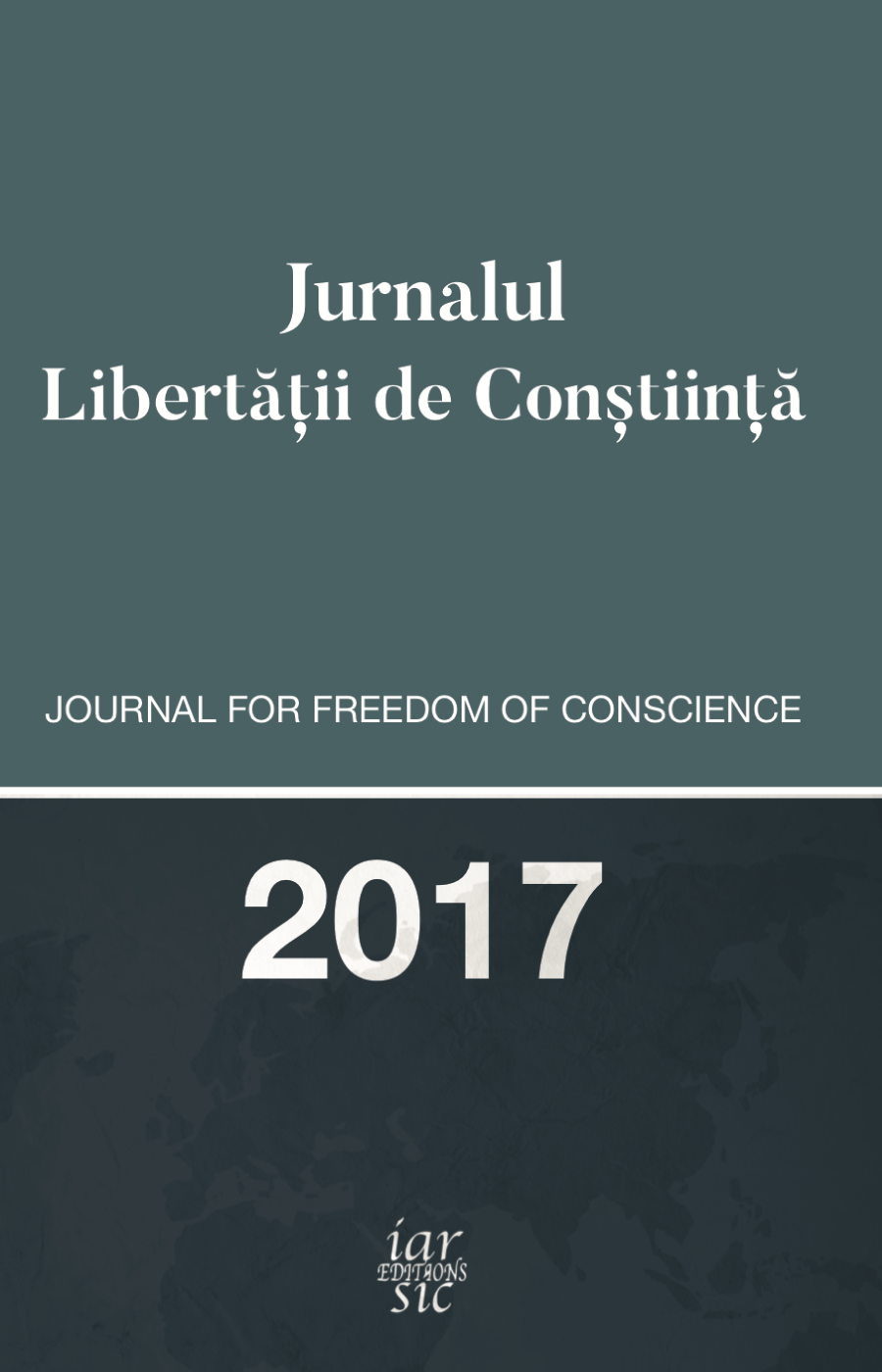WHY SHOULD I BE MORAL? MORAL CAPACITY AND THE PATH TO FREEDOM OF CONSCIENCE AND ETERNAL LIFE
WHY SHOULD I BE MORAL? MORAL CAPACITY AND THE PATH TO FREEDOM OF CONSCIENCE AND ETERNAL LIFE
Author(s): Aurelian BoticăSubject(s): Christian Theology and Religion, Theology and Religion
Published by: Editions IARSIC
Keywords: ethics; morality; God; eternal life; creation;
Summary/Abstract: In this paper we start from the premise that morality represents an ever attracting topic nowadays, and this not only for philosophers or clergy men, but also for scientists and artists. As such, we would like to pose the following questions. Given the fact that the 21st century is perhaps the age where advances in science and technology have occurred at such incredible speed does science have any moral responsibilities after all? Does a naturalistic view of life offer any meaningful reasons to even speak about morality? And if morality is essential in all areas of life, is it ultimately essential? In other words, can one opt out of being moral without affecting his or her own humanity? Indeed, why should one try to be moral? Is it because people’s lives would be more miserable unless they all agree to abide by certain moral and social norms that can insure at the very least the basic circumstances for living a peaceful life? Or, assuming that human beings know that it is possible and also desire to derive some degree of happiness from their coexisting peacefully along each other, should moral living then be the means for achieving this happiness, and nothing more? Or, could it be that, apart from any human concern for either safety or happiness, there exists a binding moral principle which is observable in one’s life, but which escapes our attempt to define it in strict utilitarian terms?2 And finally, is it possible that human nature may reflect a certain trait of, and inclination toward, a particular way of moral life, which alone could bring about the best of happiness?3 In other words, are there competing levels of morality, or moral universes in which human life may achieve better overall happiness? And, if this were so, would the question “Why should I be moral?” reflect an intrinsic natural propensity that is vital to our humanity and that precludes our effort to any other moral reasoning?
Journal: Jurnalul Libertății de Conștiință
- Issue Year: 5/2017
- Issue No: 1
- Page Range: 739-750
- Page Count: 12
- Language: English

